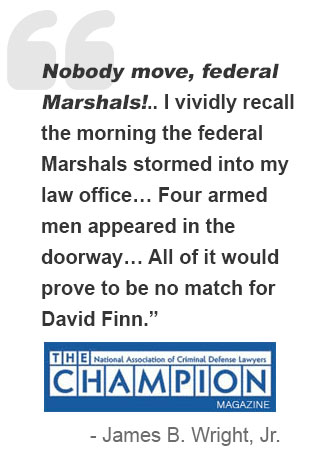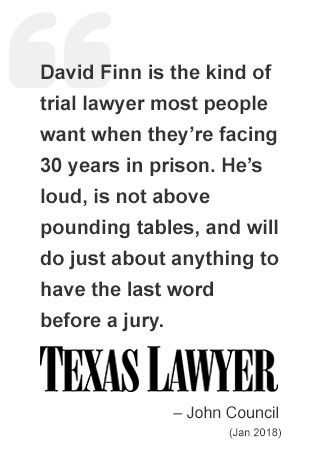


Texas Singled Out in ABA Report
Lawyers Tout Cuts in Prison Sentencing
Maro Robbins
San Antonio Express-News Staff Writer
06/24/2004
Depicting the nation’s tough-on-crime tactics as costly and overused, the country’s largest lawyers group issued a report Wednesday that suggests Texas locked up more lawbreakers than was necessary to reduce crime.
The report from the American Bar Association addressed concerns raised by U.S. Supreme Court Justice Anthony Kennedy, who last year urged the group to examine the way this country so often condemns people to prison.
After a nearly yearlong review that included public hearings in San Antonio, Washington and Sacramento, Calif., the group delivered its findings Wednesday to Kennedy, who was appointed by President Reagan.
The report proposed several reforms. Noting that most new inmates in penitentiaries committed nonviolent crimes, it called on states to create alternatives to prison and to develop programs that would help parolees adapt to freedom.
“Increasing the percentage of citizens who are incarcerated does not necessarily mean you’ll have a larger decrease in crime rates,” said Stephen A. Saltzburg, a former prosecutor and chairman of the commission that authored the report.
Perhaps the report’s boldest recommendation asked Congress to abandon mandatory minimum sentences, such as the five-year penalty that federal guidelines give anyone caught with at least 5 grams of crack cocaine.
While Texas has no such mandatory penalties, the panel cited the Lone Star State in the section that suggests some parts of the country resort too often to prison and get too little in return for the expense.
Using data from the now-defunct Texas Criminal Justice Policy Council, the study said Texas increased its incarceration rate by almost three times the national average but saw crime decrease only slightly more than the country as a whole between 1991 and 2001.
By contrast, California and New York were named as examples of states that enjoyed larger drops in their crime rates without doling out prison sentences as often as Texas.
The commission’s recommendations could become part of the ABA’s lobbying agenda if the proposals are formally embraced by its membership during the group’s annual meeting this summer in Atlanta.
The report received mixed reviews in Texas.
A note of dissent came from John Bradley, the Williamson County district attorney who has advised the Texas Senate’s Criminal Justice Committee and who testified before the ABA panel when it visited San Antonio in February.
His message then to the ABA commission was that there’s nothing wrong with stern punishment.
Reacting to Wednesday’s report, Bradley dismissed the suggestion that Texans overreacted to high crime by twice approving billion-dollar bond issues for prison and jail construction in 1990s.
“Texas desperately needed to build more prisons and to lock up violent criminals for a longer period of time, and the citizens of Texas are a lot safer because we did it,” he said.
Tony Fabelo, former director of the Texas Criminal Justice Policy Council, agreed that the state needs more alternatives to prison. Texas, he said, can’t afford to continually add prison bunks.
One solution would alter the overloaded probation system, which is widely considered unable to effectively supervise offenders.
Fabelo said nonviolent convicts should get shorter probation terms along with closer scrutiny and alternatives forms of incarceration. Too often, probation violations are punished in penitentiaries.
“That eats up prison space very quickly,” he said.
Phone Numbers
Office: (214) 538-6629







